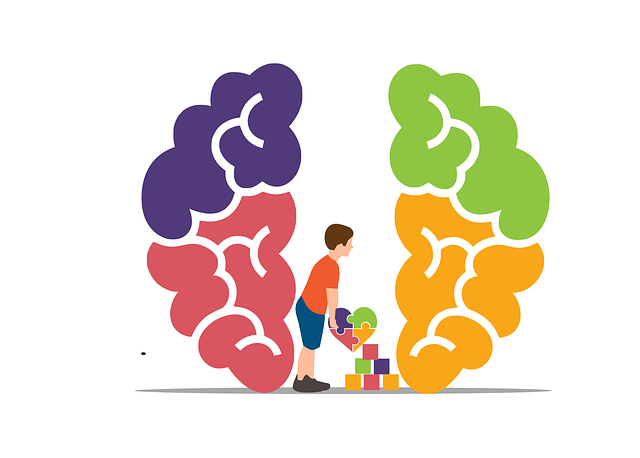Longmont, Colorado's diverse population requires tailored mental health support. Longmont Couples Counseling Therapy (LCT) leads community outreach efforts, addressing issues like stress and anxiety through interactive workshops. By understanding local needs via research and feedback, LCT fosters well-being and resilience, especially for vulnerable groups. Their data-driven approach ensures programs are effective and contribute to a healthier, more connected community.
Community outreach programs play a vital role in fostering connections and addressing diverse needs. This article explores how organizations, such as Longmont Couples Counseling Therapy, can successfully implement these initiatives. We delve into understanding community dynamics by identifying target groups and their unique challenges. Effective program design strategies are presented to engage and empower individuals. Additionally, this guide emphasizes the importance of implementation and evaluation for continuous improvement, ensuring outreach efforts resonate and benefit the community.
- Understanding Community Needs: Identifying Target Groups and Their Challenges
- Designing Effective Programs: Strategies for Engaging and Empowering Communities
- Implementation and Evaluation: Ensuring Success and Continuous Improvement
Understanding Community Needs: Identifying Target Groups and Their Challenges

Understanding Community Needs begins with meticulous identification of target groups and their unique challenges. For instance, in Longmont, Colorado, a bustling community with diverse demographics, various segments require tailored support. Young professionals navigating career pressures and burnout may need resources like Burnout Prevention Strategies for Healthcare Providers, while couples seeking relationship counseling could benefit from Longmont Couples Counseling Therapy.
Mental health awareness is another critical area, evident through growing interest in Mental Wellness Podcast Series Production and innovative tools like Mental Wellness Journaling Exercise Guidance. By catering to these diverse needs, community outreach programs can create a more resilient and connected fabric within the town, fostering overall mental wellness.
Designing Effective Programs: Strategies for Engaging and Empowering Communities

Designing effective community outreach programs, such as those offered by Longmont Couples Counseling Therapy, involves strategic planning to engage and empower individuals within the community. The initial step is to understand the unique needs and challenges faced by the target population. This may include conducting thorough research and risk assessments for mental health professionals to identify prevalent issues like stress, anxiety, or lack of access to counseling services. By tailoring programs that address these specific concerns, organizations can foster a sense of belonging and encourage participation.
Incorporating interactive elements and self-awareness exercises is a powerful strategy to empower community members. Workshops focused on coping skills development can equip individuals with valuable tools to navigate life’s difficulties. These sessions should be designed to be inclusive and accessible, encouraging open dialogue and providing a safe space for participants to share their experiences. Through such initiatives, communities become better equipped to support one another, leading to enhanced well-being and resilience.
Implementation and Evaluation: Ensuring Success and Continuous Improvement

Implementing community outreach programs is a powerful way to foster mental wellness and strengthen social connections, especially for at-risk populations. Longmont Couples Counseling Therapy (LCT) understands the importance of evaluating these initiatives to ensure their effectiveness and make informed adjustments. By integrating continuous improvement strategies, LCT can enhance the impact of its outreach efforts.
Evaluation plays a pivotal role in measuring the success of community programs. This includes gathering feedback from participants, tracking behavioral changes, and analyzing the overall reach and engagement. For instance, LCT might assess whether their social skills training workshops improve communication among attendees. Additionally, mood management techniques taught through these programs could be evaluated over time to gauge their long-term effectiveness in maintaining mental health. Such assessments allow for refining the outreach approach, targeting specific needs, and fostering a more supportive community environment.
Implementing successful community outreach programs, like those offered by Longmont Couples Counseling Therapy, requires a deep understanding of local needs and creative strategies for engagement. By identifying target groups and their unique challenges, organizations can design effective interventions that empower individuals and foster positive change. Continuous evaluation is essential to ensure these programs remain relevant and beneficial, allowing for ongoing improvement and a lasting impact on the community.














